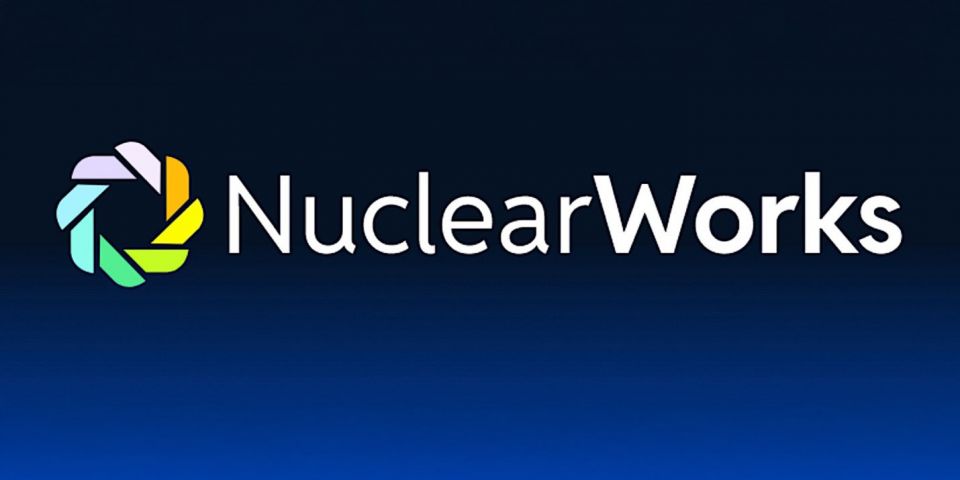Economic growth: The letter notes that investments in clean energy innovation create near-term and long-term jobs and economic growth opportunities. “In 2018, federal energy research, development, and demonstration investments provided employment for over 110,000 workers,” the letter states. “These are good-paying jobs spread across labs, universities, and businesses in every state, drawing upon the unparalleled expertise of America’s scientists, engineers, farmers, and manufacturing workforce. Strategic investments in innovation create even greater rewards, however, when they are sustained over time. Robust, multiyear efforts by DOE have established U.S. leadership in fields from nuclear to bioenergy, wind, solar, and energy storage to energy efficiency deployment, launching massive domestic industries that have employed millions of workers in the years since.”
International competition: The letter stresses that nations such as Japan, China, and those within the European Union are investing greater shares of their economies in energy R&D. “To continue competing for global market share in a changing energy sector, the U.S. must demonstrate, commercialize, and deploy the technologies it develops at scale,” the letter says. “Accelerating these later stages of innovation will require a significant increase in federal funding and private sector partnership and is a vital and unavoidable step toward economic success.”
Zero net: Much of the evolution and opportunities in global energy markets are being driven by demand for affordable low- and zero-carbon technologies, the letter continues. “Doubling down on our investments in emerging clean energy technologies will help U.S. industries get ahead of this trend and enable the nation to do its part in reducing emissions,” the letter says. “Achieving these critical outcomes requires significant and sustained annual funding increases on the order of several billion dollars, starting immediately.”
Recipients: The letter was addressed to the following congressional leaders: Rep. Nancy Pelosi (D., Calif.), Speaker of the House; Rep. Kevin McCarthy (R., Calif.), House Minority Leader; Sen. Charles Schumer (D., N.Y.), Senate Majority Leader; Sen. Mitch McConnell (R., Ky.), Senate Minority Leader; Rep. Rosa DeLauro (D., Conn.), chairwoman, House Committee on Appropriations; Rep. Kay Granger (R., Texas), Ranking Member, House Committee on Appropriations; Sen. Patrick Leahy (D., Vt.), chairman, Senate Committee on Appropriations; and Sen. Richard Shelby (R., Ala.), vice chairman, Senate Committee on Appropriations.



